Deity’s Deftrap pedals bring large platforms and all of the serviceability of its muse, the TMAC, to a more affordable nylon build. The result is a durable pedal with plenty of grip and a beautifully large platform. However, it’s not without its foibles...
Deity Deftrap flat pedals - Technical details
The injected nylon-composite-bodied Deftrap has been designed with heavy inspiration from the well-respected Deity MAC pedal. It has a large 113x103mm platform that isn’t offset as you’ll find on a lot of flat pedals. Deity has chosen this route as it reckons it offers the rider perfect weight distribution over the pedal, resulting in increased stability when things get rough. It’s also shaped with what the brand describes as a true concave pedal body profile with 1.5mm of concave shape.
Screwed into those platforms you’ll find 10 pins per side. Two of those are nylon and fixed to the pedal. The eight others are accessible via the opposite side. The pedal rotates on two sealed bearings and a single oversized DU bushing. What sets these pedals apart from a range of other nylon pedals is that they’re completely serviceable and rebuildable.
Complete with open channelling to help shed mud and snow, there are ten colour options available. Deity reckons a pair tips the scales at 391g. On my scales, they came in at 405g.
Deity Deftrap flat pedals - Performance
In recent years, flat pedals have been getting larger in the pursuit of improved support and grip and, for the most part, the Deftraps follow suit. In fact, they’re among the largest nylon pedals on the market. Underfoot, they feel great. Not only does the platform’s size benefit pedal feel while riding, but it also offers up much more surface area, so after hasty dabs, there’s a much better chance of placing your foot into a usable position on the pedal.
The large pedal also does great things for foot fatigue. Because there’s more pedal, the arches and balls of the feet are better supported. And because the pedal is that much larger, there’s less opportunity for feet to bend around edges in weird ways, a common contributor to fatigue.
While the Deftrap feels excellent underfoot thanks to its size, its concave is comparatively shallow and that affects stability when rolling through rough terrain. During such sections, I found that my feet would sometimes bounce off or around the pedal, and that’s not exactly confidence inspiring. The non-offset shape may also be to do with this. It balances the feet really well over the axle but because it’s so neutral, it can be a bit tougher to drop the heels.
The pins do a great job of keeping feet in place when riding anything but fast repeating, chunky hits. I’ve never had an issue with a foot slipping when riding with either the Fox Union Flat shoes or Leatt 7.0 HydraDris.
Something that I’m not too fond of is the nylon pins. The benefit of steel pins is that they’re replaceable. With these nylon ones, once they’re sheared off, they’re gone. For those who ride with their feet close to the cranks, that’s some level of grip out of the window. Instead of replacing a very cheap pin, that’ll be a whole-body replacement.
Speaking of pins, the steel ones are removable from the opposite side of the pedal and while this is great, it can become a pain if a pin is bent under impact. Rather than unscrew a bent pin from the top, you’ll need to get creative with a saw. But to be fair to the Deftrap, this is a more budget-friendly pedal, so some compromises must be made.
If we ignore those nylon pins for a second, the Deftrap has proven to be mighty resilient through testing and has shown little sign of damage. And while I have lost a nylon pin, the steel ones are straight and the body remains relatively unscathed which is good going considering I’m partial to the odd pedal strike. But boosting durability and the pedal’s lifespan is the fact it’s serviceable.
Deity Deftrap flat pedals - Verdict
However, there are nylon bodied pedals that don’t cost quite as much such as the £44 DMR V11. In our review, these pedals scored a full five stars for their great grip and support, and their durable plastic bodies. These also use the very same internals found on their full-metal siblings.
Another pedal to mention is Nukeproof’s Neutron EVO which uses a nylon-reinforced composite body with the same number of pins and a very similar bearing/bushing layout to the Deftrap’s. The Neutrons are smaller though, measuring 98 x 95mm. These are also user serviceable.
PNW Components Range Composite pedals are another respectable offering that I actually liked more than their alloy counterparts. These get 11 pins per side and each pedal uses one inboard bushing, one cartridge bearing and a roller bearing. The Range pedals are also a similar size at 10.6 x 11.6cm but they’ll set you back £38.40.
Even though they are slightly more expensive when compared to other nylon pedals, if you want a large platform above anything else, then you’ll find value in the Deity Deftraps. While big and supportive, they’re seriously durable save for the moulded nylon pins. For the most part, the grip is good, too. A deeper concave would help keep feet firmly in place when charging over the rough stuff.






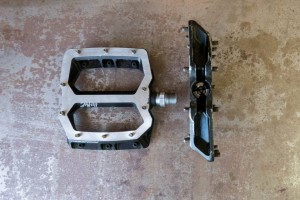

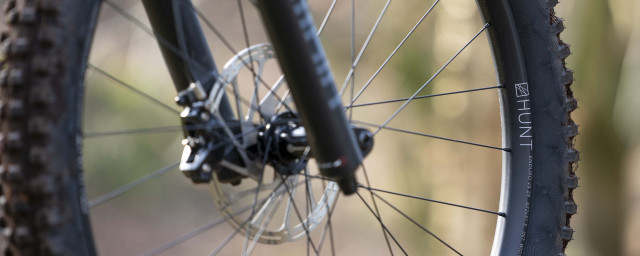

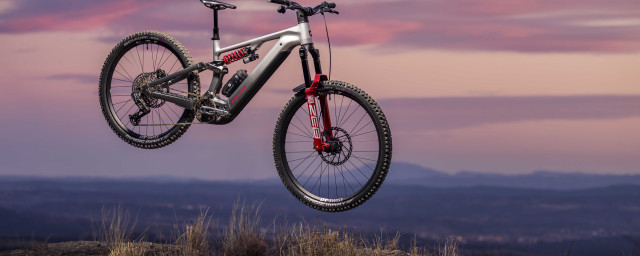
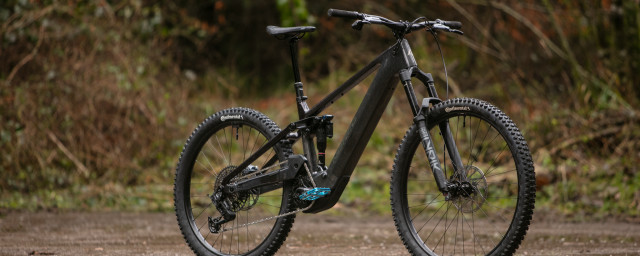
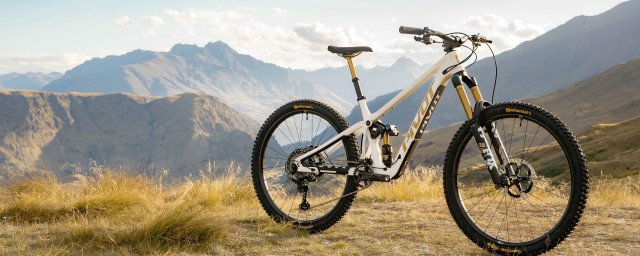
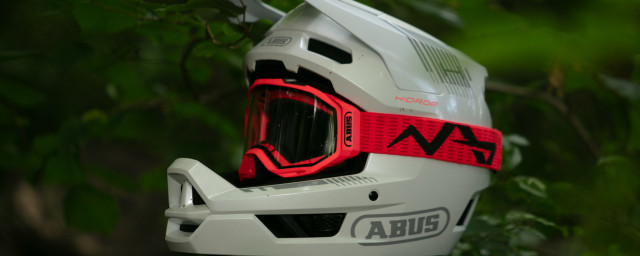
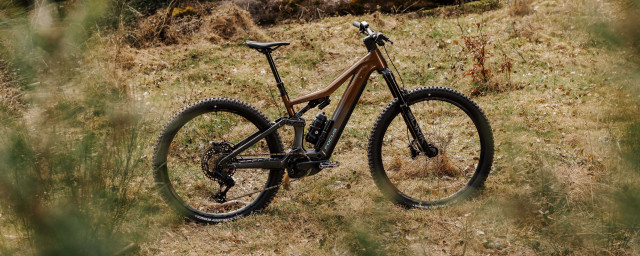
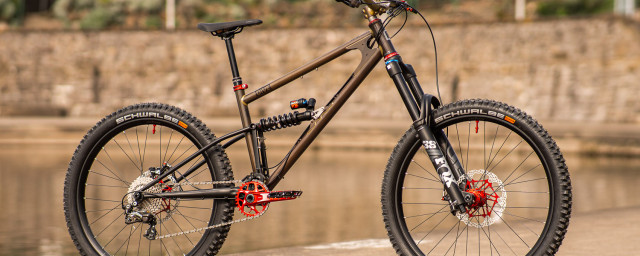
1 comments
PNW Range is 108x155mm???